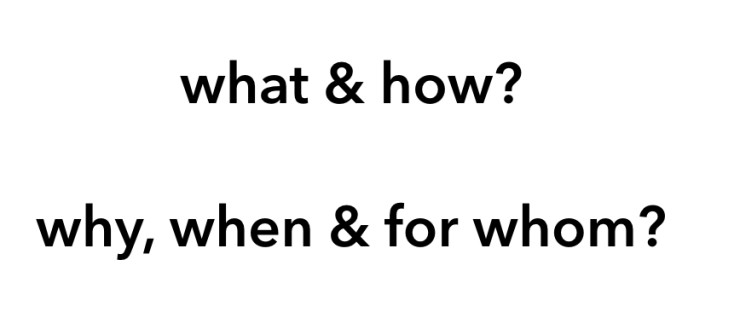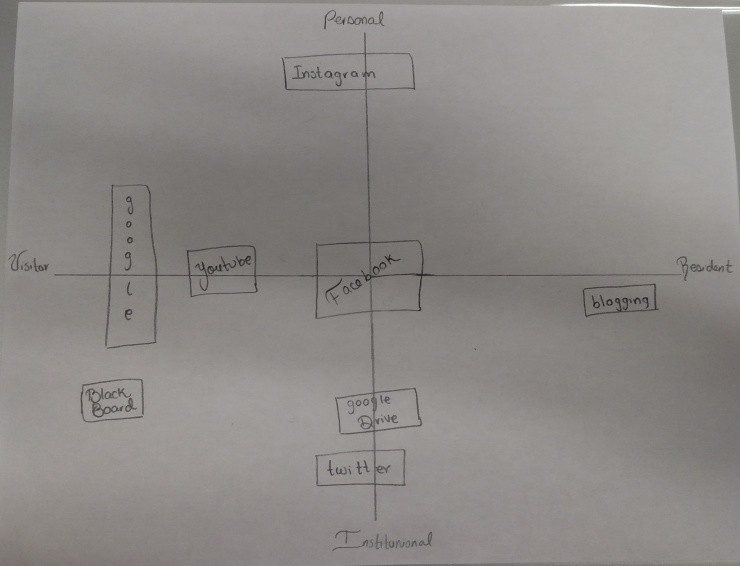--Originally published at Digital Identity
Everything we do online generates information about us. This information will be accessed by someone at some point or another. That is why we should be careful of what we do, because that will be how people in the Internet see us.
Today Dave Cormier gave us the following advice about what to post online: If you will be embarrassed when your mom reads it, do not post it.
I guess we think that some of the things we publish are private, such as direct messages, so our moms are not able to read them, but we are wrong. All the information on the Internet is vulnerable and can be made public for everyone.
Besides of your mom, you should think about other people. People like your professors, classmates, workmates, bosses, etc. You should not post about something that will give them a bad idea about you or that may lead them to think about you in a different way other than the way you want them to.
An example of this is posting a joke that might seem racist. Maybe in the context you are telling it the joke isn’t, but someone who is not in the same context may be offended.
To conclude, we should be careful with the stuff we publish because it influences the way others see us.
















